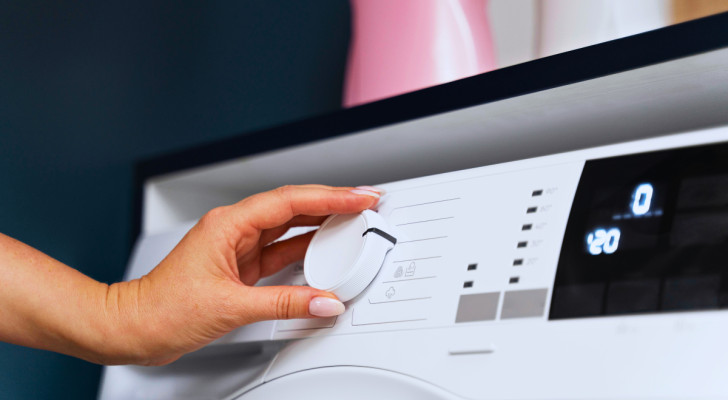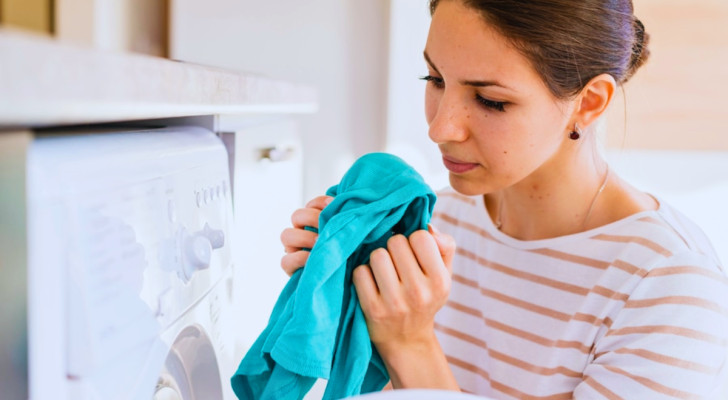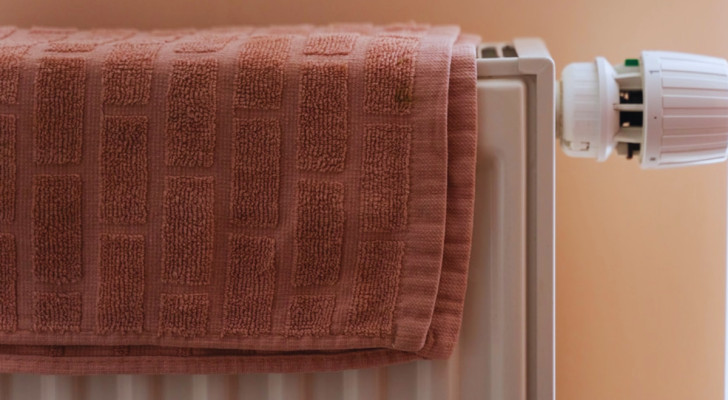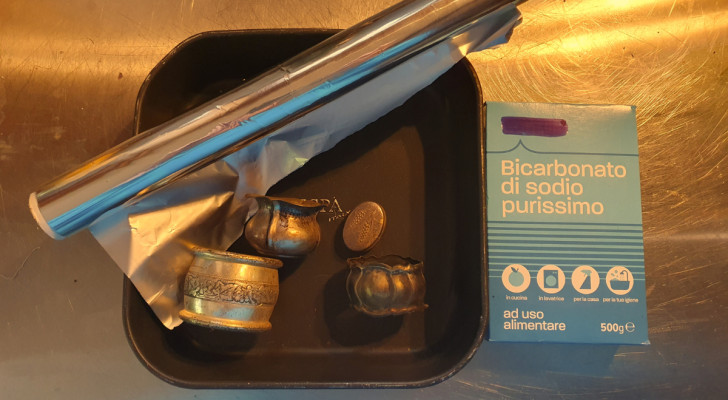Even doormats need to be washed regularly: how to do this and how frequently
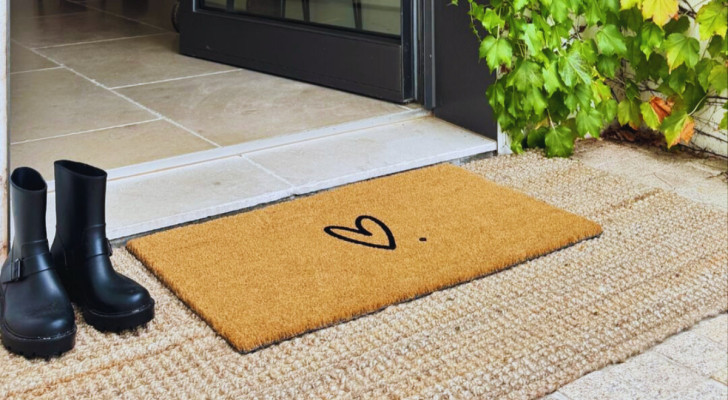
Stepped on every day, doormats quickly get dirty - especially those that are placed at the entrance to the home.
That said, it's also true that many of us forget to wash our doormats regularly and often have to replace them when they become "irrecoverably filthy". In this article, we show you how to avoid this inconvenience (and expense!) by washing and cleaning your doormats properly - read on to find out more:
How often should you wash your doormats?
Most homes are cleaned thoroughly at least once a week: this frequency is fine for cleaning your doormats too, under normal conditions. Typically, this cleaning is limited to removing loose dirt and surface debris (a good, vigorous shaking out is usually enough to shift this superficial grime). But when the weather is bad, you might need to clean your doormats a couple of times a week.
When it comes to actually washing your doormats, this can be done less frequently. Typically, you'll want to wash your doormats when the dirt and grime they have picked up start to change a mat's color and shaking them out is no longer working. Of course, washing procedures will differ, depending on the materials the mats are made of.
How to wash doormats depending on their type
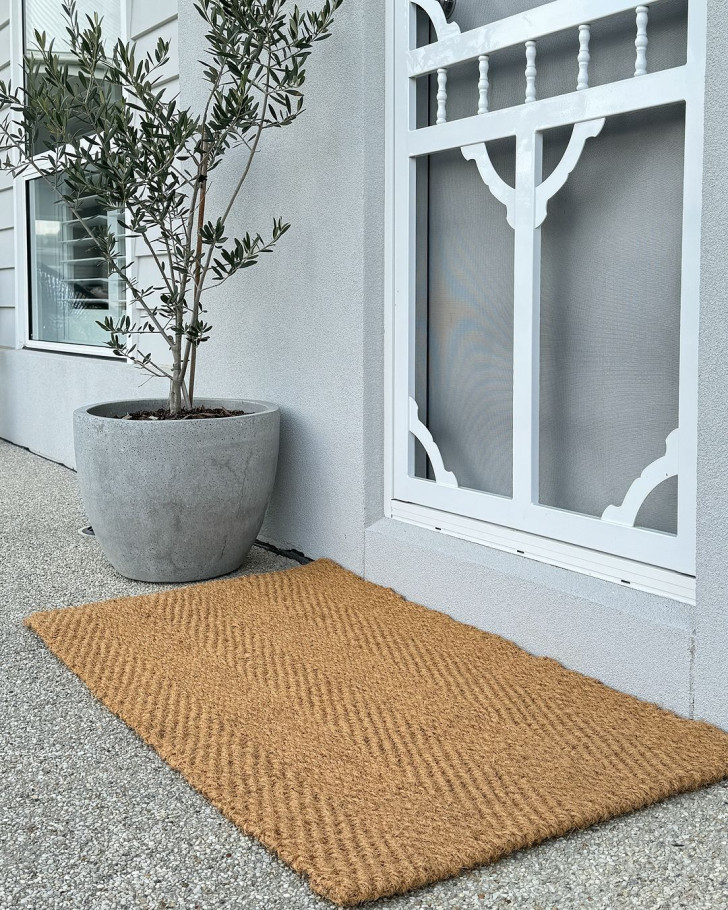
In most cases, doormats are made of natural fibers that look like a hard bristles (aka coir - which is a fiber that comes from coconuts). However, there are also mats that are made partially or entirely of rubber; especially popular in apartments are doormats made from flattened/woven fabrics or natural fibers.
For all doormats, however, the first step is always to shake them out vigorously and then vacuum up as much dirt from them as possible. Once done, proceed as follows:
- Coir (coconut fiber) doormats: If there's dirt encrusted on the bristles of your coir doormat, before shaking and vacuuming it, remove as much of this dirt as possible by using a scrubbing brush or something similar. When washing the mat, remember not to use too much water as wet coir takes ages to dry out. It is best to use damp cloths or a fine spray to help lift dirt from the mat. You can use a spray which is a mix of warm water and just a drop or two of a mild soap. After cleaning, rinse off (but ensure you don't soak the fibers).
- Rubber doormats: these mats are certainly easier to clean and can also be washed using water and dishwashing liquid or a degreaser. If they have some natural fiber components, however, it is always best to avoid soaking them too much (especially if the weather is inclement).
- Fabric or woven doormats: fabric mats - like those used in the bathroom - can be washed in the washing machine at low temperatures, but first remove hair, fur and other debris that could damage the appliance. Alternatively, these mats can be washed by hand with warm water and a little laundry detergent. You can also add (in the washing machine or when hand-washing) one or two tablespoons of baking soda. Rinse out thoroughly to complete the wash.
For those mats made of woven materials that cannot go into the washing machine, follow the advice given on the manufacture's washing instructions (most mats will have a label attached with these instructions).
Always dry heavy doormats by laying them out flat; fabric mats can be hung up to dry. If your mats are multi-colored/patterned, avoid placing them in direct sunlight as this could cause their colors to fade.
By taking these steps, your doormats will last for longer and will continue to impress your visitors!


